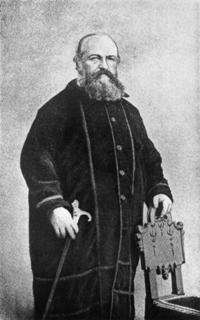A Quote by Jiddu Krishnamurti
To know oneself is to study oneself in action, which is relationship.
Related Quotes
Truth has no path. Truth is living and, therefore, changing. Awareness is without choice, without demand, without anxiety; in that state of mind, there is perception. To know oneself is to study oneself in action with another person. Awareness has no frontier; it is giving of your whole being, without exclusion.
Against the suffering which may come upon one from human relationships the readiest safeguard is voluntary isolation, keeping oneself aloof from other people. The happiness which can be achieved along this path is, as we see, the happiness of quietness. Against the dreaded external world one can only defend oneself by some kind of turning away from it, if one intends to solve the task by oneself.
Studying the Buddha way is studying oneself. Studying oneself is forgetting oneself. Forgetting oneself is being enlightened by all things. Being enlightened by all things is to shed the body-mind of oneself, and those of others. No trace of enlightenment remains, and this traceless enlightenment continues endlessly.
Anxiety and desire are two, often conflicting, orientations to the unknown. Both are tilted toward the future. Desire implies a willingness, or a need, to engage this unknown, while anxiety suggests a fear of it. Desire takes one out of oneself, into the possibility or relationship, but it also takes one deeper into oneself. Anxiety turns one back on oneself, but only onto the self that is already known.





































